Table of Contents
Let’s talk about Dehydration!
Did you know that our body weight is made up of approximately 60% water?
American Journal of Clinical Nutrition in 2005.
This is why our body’s operation is affected when we are dehydrated. Can you imagine running a machine with no gasoline? It wouldn’t. Dehydration can lead to so many domino-disaster, especially for people with health issues.
Dehydration is a condition where the body loses more fluids than it takes in, resulting in a lack of adequate water in the body’s tissues.
Causes of dehydration include:
- Inadequate fluid intake: Not drinking enough water or fluids can lead to dehydration.
- Increased sweating: Sweating causes a loss of fluids from the body, and if not replaced through drinking fluids, it can lead to dehydration.
- Diarrhea and vomiting: These conditions cause a significant loss of fluids from the body, leading to dehydration.
- Excessive urination: This can be caused by certain medications, diabetes, or other medical conditions, leading to dehydration.
- Exercise: Intense physical activity can cause sweating and fluid loss, leading to dehydration.
Symptoms of dehydration include (mild to severe):
- Thirst: The body’s first signal of dehydration is often thirst.
- Dry mouth and throat: A dry mouth and throat can make it difficult to swallow and speak.
- Constipation (See also Natural Ways to Avoid Constipation): Unable to have daily/regular bowel movement. Constipation is a common non-motor symptom in Parkinson’s disease (PD). According to a study published in the Journal of Parkinson’s Disease in 2015, up to 80% of PD patients experience constipation.
- Fatigue: Dehydration can lead to feelings of tiredness and weakness.
- Dizziness: Dehydration can cause a drop in blood pressure, leading to dizziness and lightheadedness.
- Headache: Dehydration can cause headaches, particularly in the frontal area.
- Confusion: Severe dehydration can cause confusion and disorientation.
- Kidney failure: In severe cases, dehydration can cause kidney failure.
Symptoms of dehydration on Parkinson’s disease patients include:
- Increased tremors and rigidity: Dehydration can exacerbate Parkinson’s symptoms, making tremors and rigidity worse.
- Dizziness and falls: Dehydration can increase the risk of dizziness and falls, which can be particularly dangerous for Parkinson’s disease patients.
- Confusion and cognitive impairment: Dehydration can exacerbate cognitive symptoms in Parkinson’s disease patients, leading to confusion and memory problems.
- Urinary tract infections: Parkinson’s disease patients who are dehydrated may be at an increased risk of urinary tract infections, which can lead to complications and hospitalization.
Of the list above, dry mouth, constipation, tremors and rigidity, and cognitive impairment are my mom’s enemy. I understand that Parkinson’s disease (and/or the medications, such as levodopa, can cause excessive sweating and increased urine production) can cause these symptoms, but doing this digging made me think that maybe simple hydration techniques would alleviate some of mom’s complaints.
Too focused on Parkinson’s, I’m realizing I’ve downplayed how critical monitoring fluid intake and prevention of dehydration for Parkinson’s disease patients is. Another learning curve.
Here are ten natural ways to stay hydrated:
Drink water
Drinking plain water is the simplest and most effective way to stay hydrated. Aim for 8-10 glasses of water per day. Tools such as water bottles with markings can be helpful with this task. Click here for a quick search Water Bottle with Markings.
This one is what I got for mom:
To calculate the correct amount of water intake daily based on weight, height, age, and level of activity, you can use the following formulas:
- Basal metabolic rate (BMR) formula: This formula calculates the number of calories your body burns at rest. The formula for men is 88.362 + (13.397 x weight in kg) + (4.799 x height in cm) – (5.677 x age in years), and for women, it’s 447.593 + (9.247 x weight in kg) + (3.098 x height in cm) – (4.330 x age in years).
- Activity factor: This factor takes into account your level of activity. The activity factor ranges from 1.2 for sedentary individuals to 2.5 for highly active individuals.
- Water intake calculation: To calculate your daily water intake, multiply your BMR by your activity factor, and then divide by 28.3 to convert the result from ounces to liters.
Or use this Water Intake Calculator from GigaCalculator website.
It’s important to note that this calculation is an estimate, and individual needs may vary based on factors such as climate, health conditions, and pregnancy or breastfeeding status.
Eat water-rich foods
Foods with high water content, such as fruits and vegetables, can help you stay hydrated. Examples include watermelon, cucumber, strawberries, and lettuce. In addition to fruits and vegetables, some seeds and nuts, such as chia seeds and almonds, are also high in water and can provide some hydration.
Cold press juices and fruit shakes/smoothies are good ways to consume fruits and vegetables, and nuts and healthy oils too. On that note, check out this Loaded Smoothie Recipe – a tasty and hydrating way to start your day or refuel after exercise.
Drink coconut water
Coconut water is a natural source of electrolytes and can help you stay hydrated.
Electrolytes are minerals that carry an electric charge and are found in body fluids such as blood, urine, and sweat. Some examples of electrolytes include sodium, potassium, calcium, and magnesium. These minerals play an important role in hydration as they help regulate fluid balance in the body.
When we sweat, we lose both water and electrolytes, which can lead to dehydration if not replaced. Electrolytes help to maintain the balance of fluids inside and outside of our cells, which is essential for many bodily functions, including the functioning of muscles and nerves.
In addition to fluid balance, electrolytes also help regulate blood pressure, support proper nerve and muscle function, and aid in the transport of nutrients throughout the body.
Herbal teas
Herbal teas, such as chamomile and peppermint, can help you stay hydrated and provide other health benefits.
Here are teas from Earthley you might like:
Eat soups and broths
Soups and broths can provide both hydration and nutrition, making them a good choice for staying hydrated.
Here are some of Earthley products you might like:
- Immunity Soup: Here’s a reel of how to make it: Earthley Immunity Soup
Sports drinks
Sports drinks can help you stay hydrated during intense physical activity. They contain electrolytes that can help replace those lost through sweating. It’s best to avoid drinks with added sugar (or artificial sweetener) and unknown chemicals.
Drink milk
Milk is a good source of hydration and also provides protein, calcium, and other nutrients.
Aloe vera juice
Aloe vera juice is a natural source of hydration that can also provide other health benefits, such as improving digestion.
Eat spicy foods
Spicy foods can stimulate your thirst and make you want to drink more water, helping you stay hydrated.
Staying well hydrated offers numerous health benefits to the human body.
Here are some of the potential benefits of being well-hydrated:
- Regulates body temperature: Staying hydrated helps regulate body temperature, which is crucial for many physiological processes.
- Promotes cardiovascular health: Adequate hydration can help maintain healthy blood pressure levels and reduce the risk of heart disease.
- Supports kidney function: Drinking enough water helps the kidneys remove waste and excess fluids from the body.
- Improves digestion: Staying hydrated can improve digestion and prevent constipation.
- Boosts physical performance: Adequate hydration can improve physical performance, especially during endurance activities.
- Enhances cognitive function: Staying hydrated can improve cognitive function, including concentration, memory, and mood.
- Aids in weight management: Drinking water before meals can help reduce appetite and promote weight loss.
- Improves skin health: Being well hydrated helps the skin steer away from dryness.
Let me know your how you keep up with your water intake!
References:
Schoeller DA, Van Santen E, Peterson DW, et al. Total body water and its compartments in healthy adults. Am J Clin Nutr. 1980;33(1):27-39. doi:10.1093/ajcn/33.1.27.
Barbosa MT, Caramelli P, Maia DP, Cunningham MC, Guerra HL, Lima-Costa MF. Parkinsonism and related disorders. 2015 May;21(5):456-62. doi: 10.1016/j.parkreldis.2015.01.002. Epub 2015 Jan 13. PMID: 25638897.
Mayo Clinic. Dehydration. Available at: https://www.mayoclinic.org/diseases-conditions/dehydration/symptoms-causes/syc-20354086
Parkinson’s Foundation. Dehydration and Parkinson’s Disease. Available at: https://www.parkinson.org/blog/tips/Dehydration-and-Parkinsons-Disease
Juncos JL, Perlmutter JS. Parkinson’s Disease and Fluid Intake. Journal of Parkinson’s Disease. 2019;9(3):S371-S381. doi:10.3233/JPD-191660
Barichella M, Cereda E, Cassani E, et al. Dietary Habits and Movements in Parkinson’s Disease: The Adherence to Mediterranean Diet and Consumptions of Water and Coffee. Journal of Parkinson’s Disease. 2018;8(2):349-357. doi:10.3233/JPD-171240
van Walsem MR, Howe TE, Burgess E, et al. Exercise for depression in elderly residents of care homes: a cluster-randomised controlled trial. The Lancet. 2013;382(9886):41-49. doi:10.1016/S0140-6736(13)60649-2
Harvard Health Publishing. 5 ways to stay hydrated without drinking water. Available at: https://www.health.harvard.edu/staying-healthy/5-ways-to-stay-hydrated-without-drinking-water
Healthline. 19 water-rich foods that help you stay hydrated. Available at: https://www.healthline.com/nutrition/hydrating-foods
Medical News Today. What are the best drinks for staying hydrated? Available at: https://www.medicalnewstoday.com/articles/325669
WebMD. Hydration: 8 beverages to keep you hydrated. Available at: https://www.webmd.com/diet/features/8-ways-to-stay-hydrated
Mifflin MD, St Jeor E, Hill LA, Scott BJ, Daugherty SA, Koh YO. A new predictive equation for resting energy expenditure in healthy individuals. Am J Clin Nutr. 1990 Feb;51(2):241-7. doi: 10.1093/ajcn/51.2.241. PMID: 2305711.
Dietary Reference Intakes for Water, Potassium, Sodium, Chloride, and Sulfate. National Academies Press (US); 2005. Available from: https://www.ncbi.nlm.nih.gov/books/NBK234936/
Armstrong LE, Johnson EC, Munoz CX, Swokla B, Le Bellego L, Jimenez L, Casa DJ, Maresh CM. Hydration biomarkers and dietary fluid consumption of women. J Acad Nutr Diet. 2012 Aug;112(8):1056-61. doi: 10.1016/j.jand.2012.03.036. PMID: 22784930.
American Heart Association. Electrolytes. Available at: https://www.heart.org/en/health-topics/heart-failure/treatment-options-for-heart-failure/lifestyle-changes-to-manage-heart-failure/electrolytes
Harvard Health Publishing. The importance of electrolytes. Available at: https://www.health.harvard.edu/staying-healthy/the-importance-of-electrolytes
Medical News Today. Electrolytes: Functions, imbalance, and sources. Available at: https://www.medicalnewstoday.com/articles/153188
National Institutes of Health. Electrolytes. Available at: https://medlineplus.gov/ency/article/002350.htm
Sports Medicine. Importance of electrolytes in physical activity. Available at: https://link.springer.com/article/10.2165/11591220-000000000-00000
Popkin BM, D’Anci KE, Rosenberg IH. Water, hydration, and health. Nutr Rev. 2010;68(8):439-458. doi:10.1111/j.1753-4887.2010.00304.x.
Valtin H. “Drink at least eight glasses of water a day.” Really? Is there scientific evidence for “8 × 8”? Am J Physiol Regul Integr Comp Physiol. 2002;283(5):R993-R1004. doi:10.1152/ajpregu.00365.2002.
Shirreffs SM, Sawka MN. Fluid and electrolyte needs for training, competition, and recovery. J Sports Sci. 2011;29 Suppl 1:S39-S46. doi:10.1080/02640414.2011.614269.

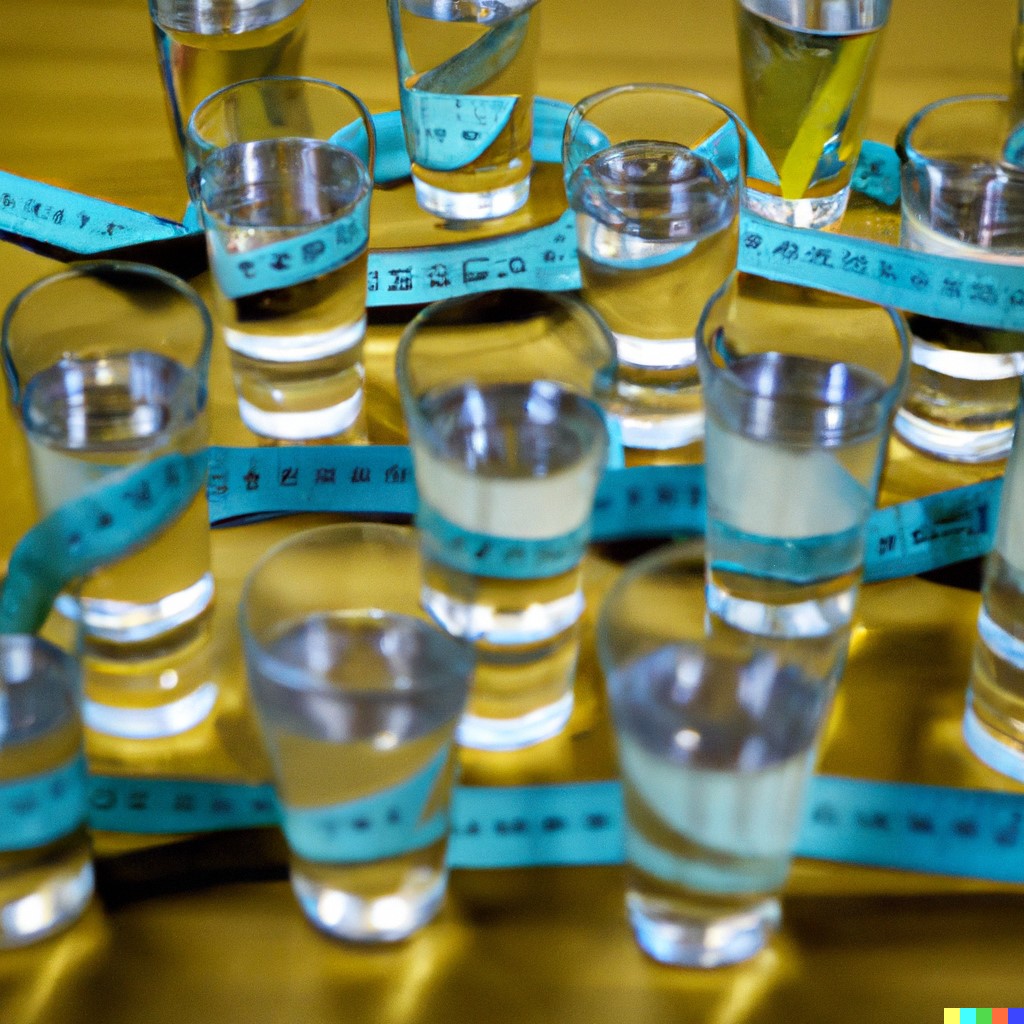

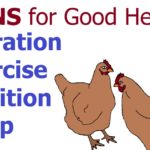
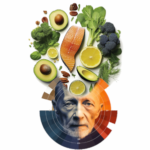
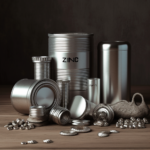
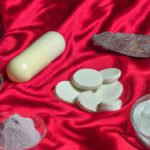











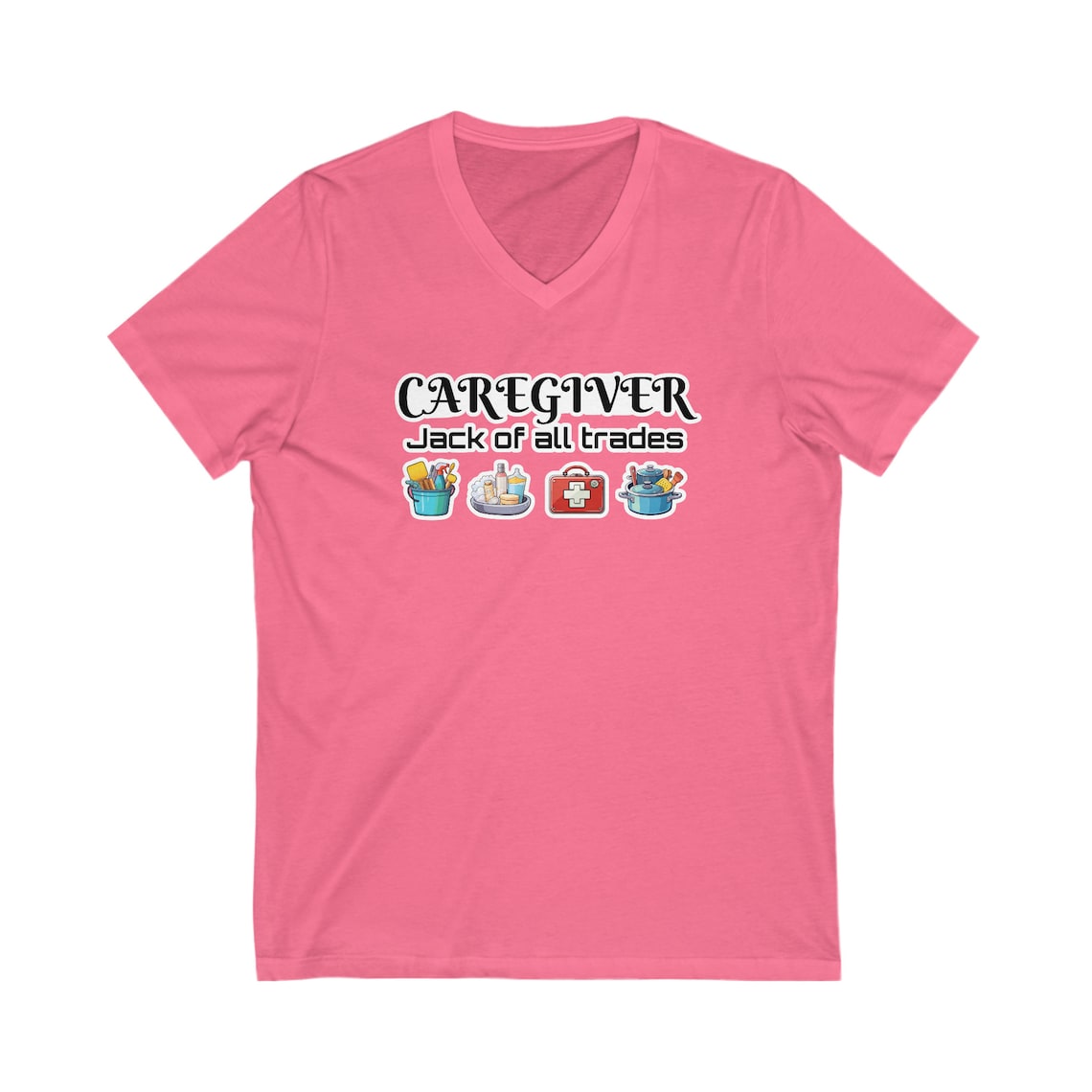
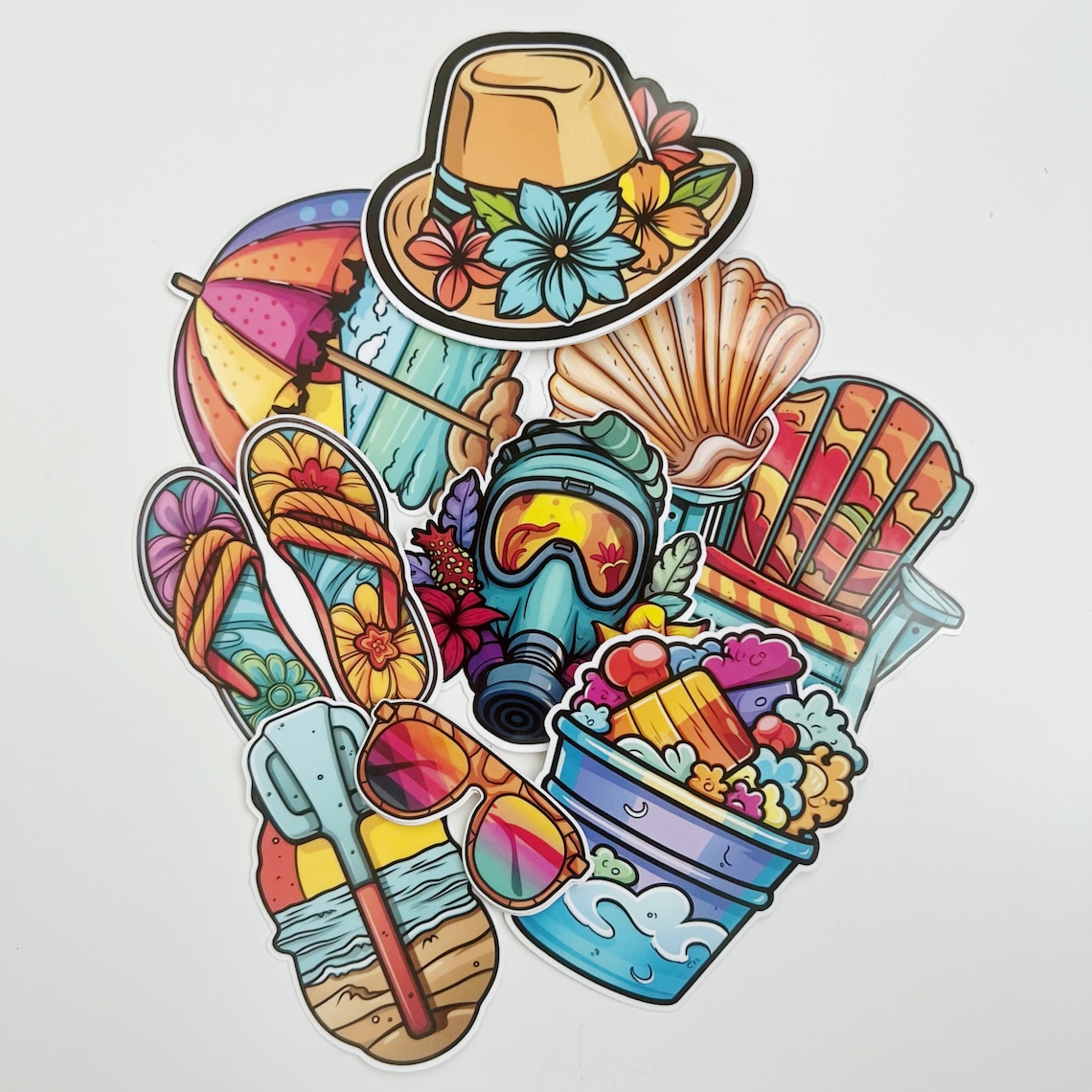

Leave a Reply